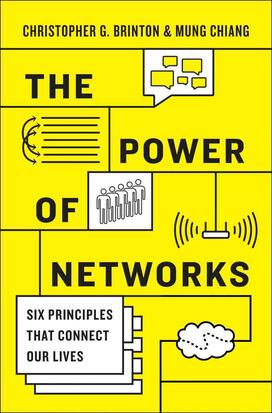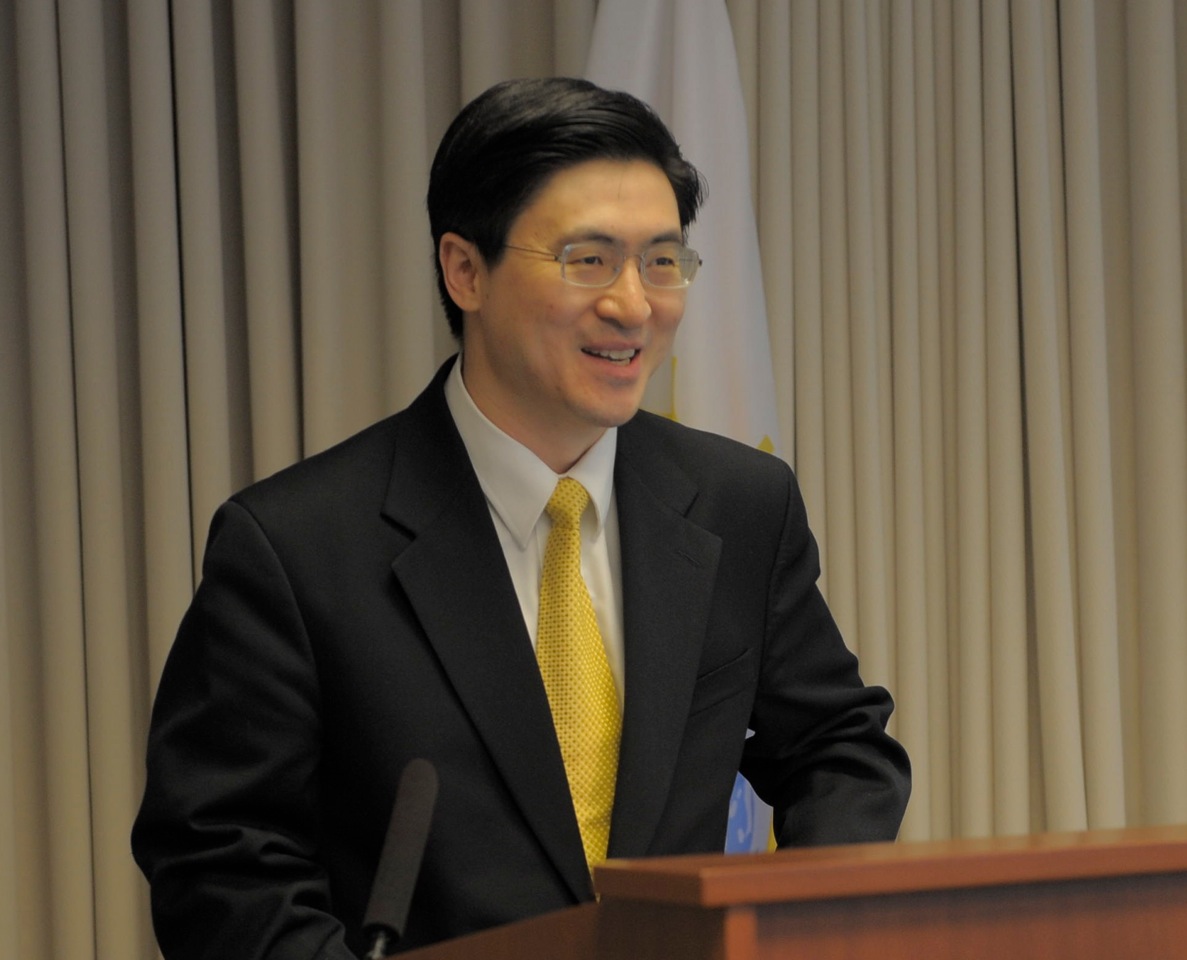The book: In
The Power of Networks: Six Principles That Connect Our Lives (Princeton University Press), Christopher G. Brinton *16 and Princeton electrical engineering professor Mung Chiang lay out six basic principles that govern the behavior of the networks behind everything from cellphone connections to Netflix’s recommendations algorithm. Using accessible language, simple math, and insights from experts like former Verizon Wireless CEO Dennis Strigl, Brinton and Chiang help readers deepen their understanding of phenomena such as the wisdom of crowds and viral videos.
The authors: Brinton is head of advanced research at Zoomi Inc., a learning technology company he co-founded with Chiang while working toward a Ph.D. in electrical engineering. In addition to being an electrical engineering professor, Chiang is chair of the Princeton Entrepreneurship Council and director of the Keller Center. He has previously published Networked Life: 20 Questions and Answers and Networks Illustrated: 8 Principles without Calculus. Brinton and Chiang have also worked together to co-teach Massive Open Online Courses (aka MOOCs) about networks.
Opening lines: “Networks are everywhere these days; even in places we least expect them. Everything from who we are friends with on Facebook to how our messages get carried through the Internet in a matter of milliseconds has interesting stories underlying it, whether a social network, a communication network, or an economic network. As different as recommending movies to watch, controlling device power levels, and viralizing video clips may appear, at the inner workings of these and other functions are six hidden principles that pop up in all different kinds of networks.”
Reviews: John MacCormick, author of Nine Algorithms That Changed the Future, says, “The Power of Networks is a wonderfully accessible account of the networking concepts that shape our technology and our society. With remarkable clarity, Brinton and Chiang reveal how the theory of networks illuminates the many connected aspects of our lives.”














No responses yet